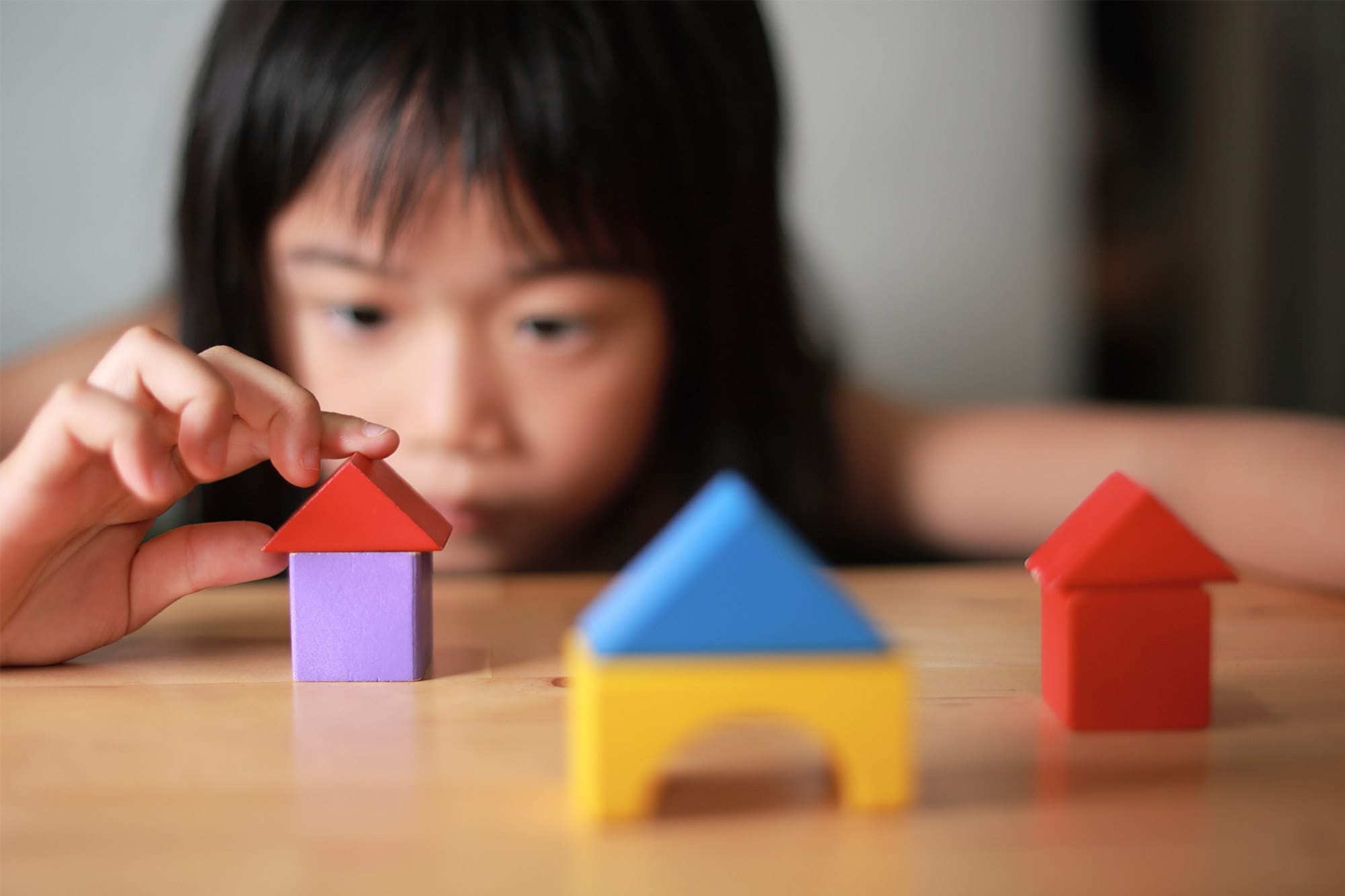
A lot of people would characterize ‘play’ as an activity that’s opposite to ‘work’. Still, more and more present-day educators are trying to enrich learning with games and entertainment.
If you think that’s only because younger students aren’t yet mature enough to learn new things ‘in a serious way’, think again. Play is not just something your kids would grow out of someday. It has proven to be an imperative part of studying.
Let’s look at some of the reasons why. What does play do that is so important to early childhood education?
Play engages children and keeps them curious
As practice shows, the best thing play can do is make your child curious, which in its turn has lots of positive effects. That is why it’s always better to present a new task in a playful way instead of giving direct and strict instructions.
A lot of research has been done on that score, and nine times out of ten it does prove the point. As an example, there is a study by Laura Schulz and her colleagues, described in Alison Gopnik’s Why Preschool Shouldn’t Be Like School.
To check whether play or a direct instruction engaged children more, the experimenter presented the same toy to two groups of children in different ways.
With the first group, the experimenter said: “Look! I’ve just found a toy! Let’s see what it can do!” She acted surprised when the toy squeaked or beeped and was all excited about it. The second group, on the contrary, just got an instruction to find out what the toy could do.
As a result, the first group of children played with the toy much longer than the second one, and they found out more about the toy’s features too. In other words, a direct instruction made kids less interested in the task, which resulted in lower productivity.
And it’s not only true about children. Try to put yourself in your kid’s shoes and think of what will encourage you to do the job more: a strict instruction and a deadline or a genuine interest in the task.
Play enhances creativity and problem-solving skills
Due to being curious and more engaged in the process, children become creative, train their problem-solving skills and learn to think outside of the box.
As a proof of that, there is another study by Paul Tullis, described in Kyle Snow’s article. Again, we have two groups of kids and the same toy presented to them in different ways.
The first group, which got an instruction to play with the toy, found out how it worked. The group that was encouraged to play with it not only did the same but also came up with additional solutions on how the toy itself and some of its parts could be used.
The conclusion? Children in the second group proved to be creative and used their problem-solving skills while those in the first one only did what they were told to.
Considering whether to add a little game to the learning process or not, we should first of all think of what we want our children to be. If we not only want them to know that 2+2=4 but also expect them to come up with creative solutions, we have to find the place for play in learning.
Although there are many ways to boost creativity, a game might be the easiest and the most effective one.
Play improves communication skills and raises self-esteem
In addition to expanding cognitive skills, play in early childhood education can be helpful in one more aspect of school life. And that would be the social-emotional one.
No one would argue that relations with peers have a huge impact on your child’s daily life and emotional well-being. The truth is lots of problems with peers, including common bullying incidents, come from poor communication skills, low self-esteem and uncontrolled emotions.
Adding games to the learning process, we help our kids to be more self-confident and open to each other. The play also improves their verbal and nonverbal communication skills and helps to deal with negative emotions like frustration, anger, sadness or jealousy.
Conclusion
These are only three reasons that I’ve decided to highlight in this article. However, there are many more of them. As Clara Chow claims in her article Playing Up The Benefits Of Simple Fun, there are studies that can even prove a positive impact of play on kids’ IQs and future earnings.
Whatever the reasons are, the need for play in learning can’t be neglected. While you think your child is just playing, they’re developing skills that would help them throughout their whole lives.
And considering the fact that Singaporean kids leave playgrounds and start learning very early, play in early childhood education becomes even more important, almost vital.
If teachers in your kid’s school do not pay enough attention to it, we strongly recommend considering home tuition in Singapore. Tutors in our agency, for example, always try to make studying more interesting by adding games, quizzes and entertainments.
